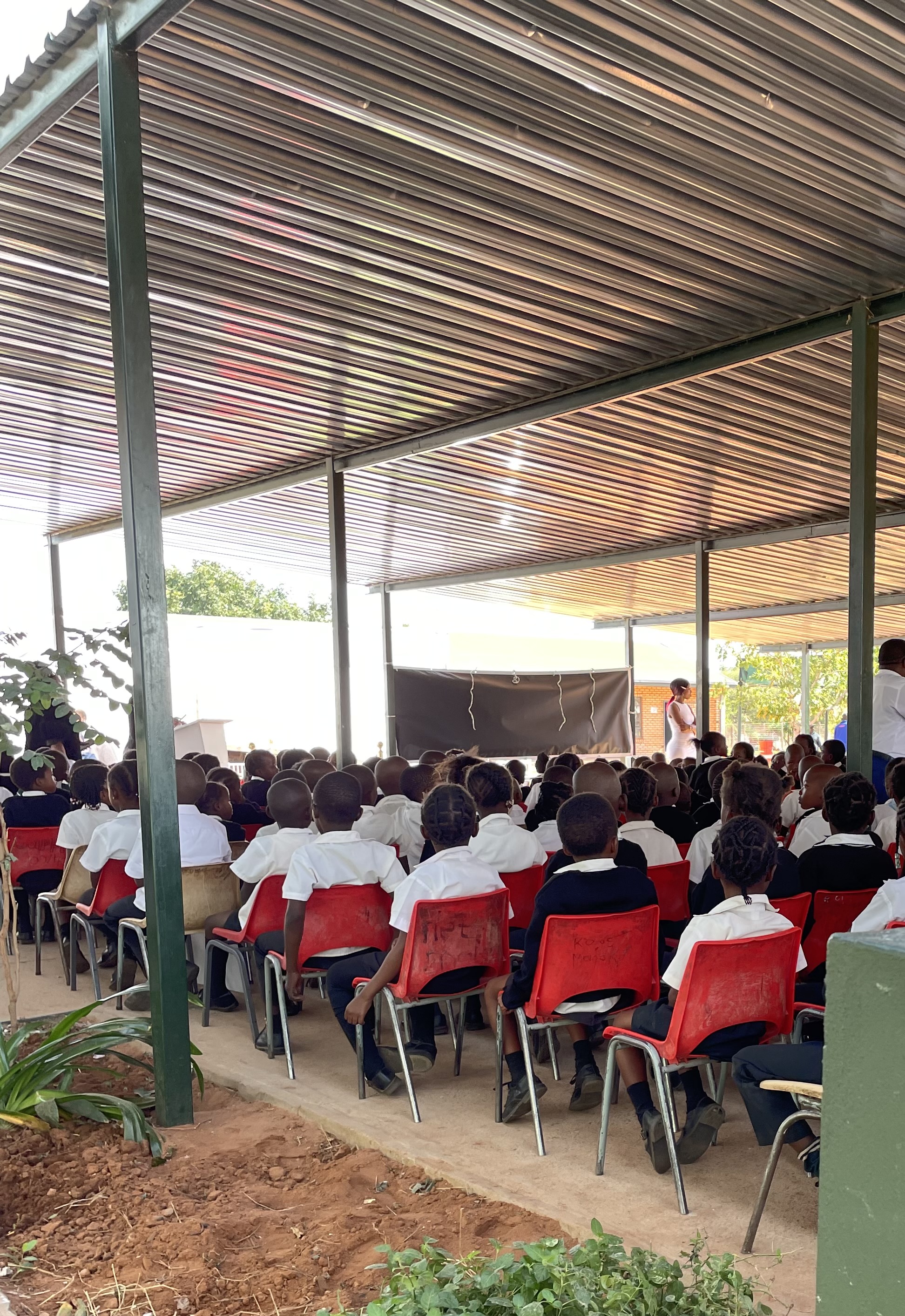The South African Medical Research Council (SAMRC) has undertaken a Heat-Safe Schools pilot project in Limpopo and Gauteng under the umbrella of its Socio-Economic Development (SED) initiative.
As climate change continues to unfold, rising heat, longer summers and increasing heatwaves are of growing concern in South Africa. There have been calls to ensure that we make adaptations to ensure the projection of vulnerable groups such as the elderly, pregnant women against the health effects of heat exposure.
Heat exposure affects the human body by reducing its capacity for temperature regulation. When the body becomes too hot, a person may experience heat cramps, heat exhaustion and heat stroke, which is regarded as a medical emergency. Irritability, difficulty in concentrating, headaches and loss of ability to do skilled tasks or heavy work may all be caused by exposure to high heat. The ability of teachers to teach, and of children to learn, may both be detrimentally affected in very hot weather.
The SAMRC has stepped up to provide pragmatic and sustainable measures for Heat-Safe Schools in South Africa through its SED initiative. Schools were provided with options to keep children cool in hot weather. The most popular selections in the current pilot schools were:
- Installing ceilings to moderate classroom temperature
- Installing ceiling fans to reduce the felt temperature in classrooms
- The construction of awnings to provide shade during school breaks, and to serve as outdoor classrooms
- Foot-operated water fountains closer to where children need them most: classrooms and playgrounds
- Installation of blinds to keep classrooms cooler.
On Thursday, 8 June the SAMRC conducted the pilot evaluation and also informally launched the project at one of the participating schools in Limpopo Province, in the presence of the schools employees, the its school governing body and some very excited learners.
The schools Principal said, “Reitumetse thatha (We are extremely happy). We appreciate the work done, which has made a big difference in our school. Re leboga gagolo SAMRC! (Thank you very much SAMRC).”
“As a responsible corporate citizen, with Partnering and Citizenship counting among our values, the SAMRC is committed to working together with the schools to address some of the challenges caused by climate change. This forms part of the research translation,” said Tendani Tsedu, Head of SAMRC Head of Corporate Marketing and Communications.
The B-BBEE Committee will decide on the next schools to implement the SED project which has been branded under an umbrella term ‘Legacy’.

